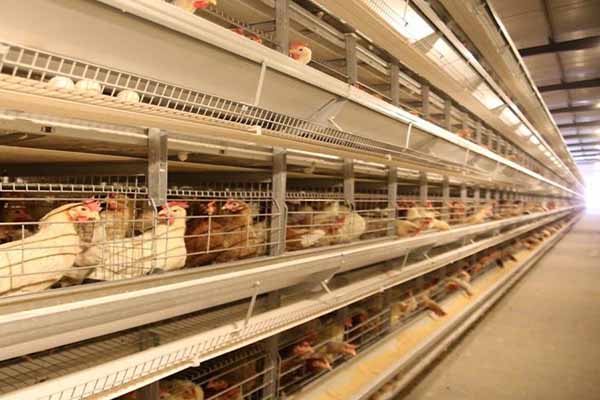Cost of Commercial Chicken Farming Setup: What You Need to Know
Commercial chicken farming is a lucrative venture, but understanding the costs involved is crucial for any aspiring farmer. In this article, we’ll break down the essential elements that make up the cost of setting up a commercial chicken farming operation. Whether you’re a seasoned poultry farmer or just starting out, this guide will provide you with the necessary information to make informed decisions.
1. Initial Investment
The initial investment for setting up a commercial chicken farming operation includes:
– Land: The cost of purchasing or leasing land depends on location and size.
– Buildings: Constructing chicken houses can vary greatly in cost based on size, materials, and design.
– Equipment: This includes feeders, waterers, heaters, coolers, and egg collection systems.
2. Equipment Costs
– Feeding System: The cost of a high-quality feeding system is significant but essential for efficient feed distribution.
– Watering System: Automatic watering systems can save labor and ensure chickens have access to clean water at all times.
– Heating/Cooling: Depending on the climate, heating and cooling systems are crucial to maintain optimal conditions for chickens.
3. Livestock Costs
– Broiler Chicks: The cost of purchasing chicks can vary depending on breed, health, and supplier.
– Hatcheries: You may need to factor in the cost of buying from a hatchery, which can vary in price and quality.
4. Feed Costs
– Broiler Feed: The type and quality of feed you choose will directly impact your costs and the growth rate of your chickens.
– Storage: Proper storage of feed is crucial to prevent spoilage and maintain quality.
5. Labor Costs
– Full-Time Staff: Hiring full-time staff for tasks like feeding, watering, and cleaning is a significant expense.
– Part-Time Staff: Some operations may choose to hire part-time staff, which can reduce costs but may require more management.
6. Other Costs
– Maintenance and Repair: Regular maintenance of equipment and buildings is essential to avoid unexpected costs.
– Permits and Inspections: Depending on your location, you may need to obtain permits and undergo inspections, which can incur additional costs.
Conclusion
Setting up a commercial chicken farming operation involves various costs, from initial investment to ongoing expenses. By understanding these costs, you can make informed decisions to ensure a profitable and sustainable operation.
At LIVI Machinery, we offer a range of high-quality chicken farming equipment and services designed to meet the needs of your operation. Whether you’re just starting out or looking to expand, we can help you achieve your goals.
Contact us today to learn more about how we can assist you in your chicken farming journey.

